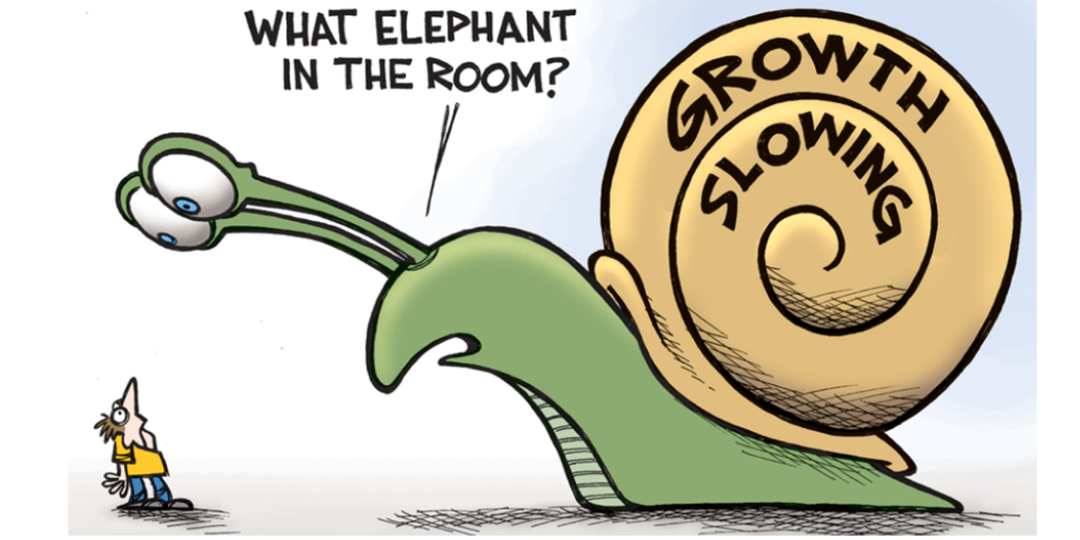Lengthy delays of up to two years for the minister of trade, industry and competition and the minister of finance to make final decisions in dozens of International Trade Administration Commission (Itac) customs duty investigations have resulted in the loss of R1.25 billion in revenue to the fiscus.
The delays are also hitting affected industries and inhibiting trade and investment.
CEO of XA Global Trade Advisors, Donald MacKay, highlighted the backlogs during a media briefing when he released the company’s debut XA Open Cases Report, which outlines how long customs duty cases are taking to be decided and how long they should actually take in terms of the law.
The report calculates that in addition to the loss to the fiscus, another R2bn has been collected in duties for goods not made locally, adding this cost to businesses without protecting domestic industry. The delays are costing the country more than 5% of its total R55bn per annum customs duty collections.
According to the report, in most cases industries are waiting almost two years for an import duty change to be implemented, compared to the four to six months tariff investigations should take, and the four months for industries in distress investigations. Of the 43 tariff investigations and three anti-dumping investigations which are currently open, 27 are overdue (58%).
“These delays are enormous, and most importantly unnecessary, because the problem could be quickly resolved since the majority of these cases have been fully investigated by the Itac and simply need to be signed off by the ministers,” McKay said.
One example was an application by BRM, a manufacturer of processed meat, which had asked for a rebate of duties on chicken wings because the local industry was unable to commit to supplying the volumes required.
“The decision is nine months overdue at a cost of R83 million paid in duties. The question is, why are they delaying these decisions? While some recommendations are simply being left to gather dust, in many cases it would seem that applicant companies are being squeezed by Minister (Ebrahim) Patel through ‘reciprocal agreements’ for something in return for the duty or tariff concession: jobs, investment, training, transformation, price controls. But this squeeze has a cost,” he said.
McKay added that it was likely that there was some negotiation and many companies only reluctantly signed the agreements.
“If the companies are listed there are some interesting questions to consider around JSE listing requirements and commitments to price controls,” he said. “There is also legal confusion regarding the minister of finance’s role in customs duties. Former minister Malusi Gigaba went to court twice to defend his right to take the final decision regarding implementing duties. The court found in his favour but it is not clear if this has been implemented in practice.”
The XA report proposes that all cases that have been open for more than 18 months should be given three months to be finalised or terminate. There should be an 18-month time limit on tariff investigations to force them into completion and remove the uncertainty.
The report also recommends that the outcome of current cases, which have been privately settled, be published and that templates of reciprocal agreements be made freely available before firms apply for duty changes.
“This current situation is deeply problematic. Predictability matters to investors and traders, and duties have become very unpredictable indeed. Whatever the rules of the game are, you should know them before you begin and they should remain constant. Most importantly, everyone should have equal access to the rules and no one should be able to influence the drafting of the rule book in secret,” he said.
“We urgently need to bring predictability back. Not predictability of outcomes, but predictability of the process.”













